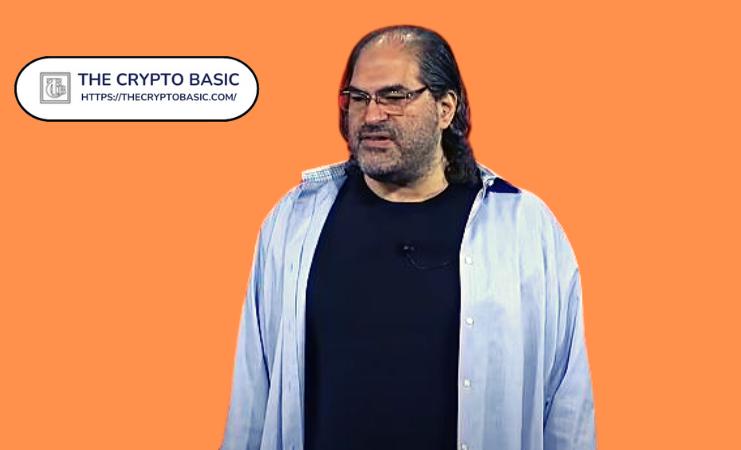The XRP buyback theory resurfaces again, but with a twist.
Valhil Capital Managing Director Jimmy Vallee has proposed a new variation of the XRP buyback theory, sparking debates over the viability of using XRP as collateral. These debates have prompted a response from Ripple Chief Technology Officer David Schwartz.
As highlighted in previous reports, Vallee proposed the XRP buyback theory in 2021. It is a theory based on the assumption that XRP would become the world’s reserve currency. Following this assumption, Vallee posited that governments must own large amounts of XRP, necessitating the proposed buyback.
The securities lawyer suggested that this buyback would not happen on the secondary market but at an agreed fixed price similar to the buyback of gold when the U.S. backed the dollar with the highly valued commodity. Considering XRP’s limited supply and the fiat supply, Vallee placed the value of 1 XRP between $37,500 and $50,000. Unsurprisingly, this price estimate and the theory have sparked discussions over the years.
Now, in an interview on Thursday, Vallee has suggested a new proposal where instead of selling to the government, XRP holders use their holdings as collateral for a bank tentatively dubbed “People’s Bank.”
While not many appear to be paying mind to Vallee’s latest scheme, it has led to debates over whether XRP is a suitable asset for collateral. XRP Ledger validator rippleitin.nz (@rippleitinNZ) unwittingly kicked off the debate by asserting that XRP had no value to lend or borrow against.
“I wonder if anyone has told Jimmy that XRP has no value to borrow or lend against,” the validator tweeted, adding, “How can you use it as collateral?”
To buttress his point, rippleitin.nz claimed that collateral must have “redemption value.” On the other hand, he asserts that XRP only has value when it is in transit from a holder to a buyer.
For context, a redemption value is a price at which an issuing company can repurchase stock before maturity.
Schwartz responding to rippleitin.nz arguments in a series of tweets yesterday pointed out that a company only repurchases its stock at redemption value when it is contractually required. Otherwise, like other buyers, it purchases the stock at the fair market price determined by demand and supply factors, just like the value of XRP. Consequently, the value is not guaranteed.
The primary reason stocks are good collateral for loans is that they are liquid, Schwartz noted, arguing that the potential of redemption would hardly be considered. Consequently, Schwartz outlined XRP’s liquidity and easy-to-track spot market price as qualities that could make it a good collateral. While he concedes that its volatility is a drawdown, he notes that loans backed by XRP can be overcollateralized, guaranteed by other means of payment or, in the most undesirable case, have high-interest rates.
As highlighted by Schwartz, overcollateralized crypto-backed loans are already popular in decentralized finance (DeFi). It allows users interested in holding certain assets over a long period to borrow against them and engage in other trades. Schwartz wrote:
“… there are people who hold a lot of crypto and might want to borrow against their positions, possibly to get a leveraged buy and possibly to buy other things. This is a common DeFi use case. … I’m not super-interested in helping crypto wealthy folks take a bit more risk. But I am interested in the lending side as a potentially low-risk way to get a return on stored value for people who have little to no access to things like conventional brokerage firms.“
Disclaimer: This content is informational and should not be considered financial advice. The views expressed in this article may include the author's personal opinions and do not reflect The Crypto Basic’s opinion. Readers are encouraged to do thorough research before making any investment decisions. The Crypto Basic is not responsible for any financial losses.
-Advertisement-


